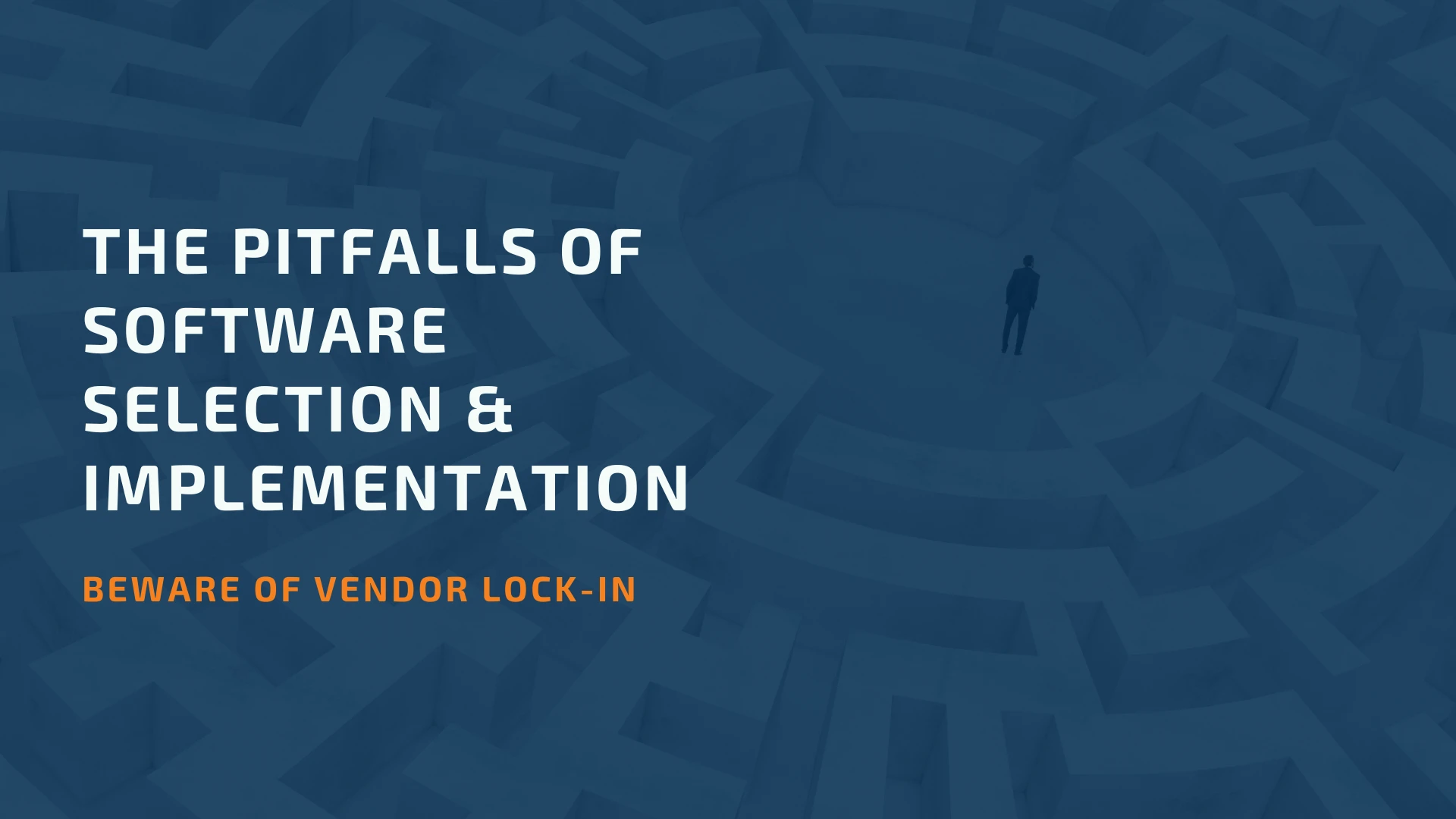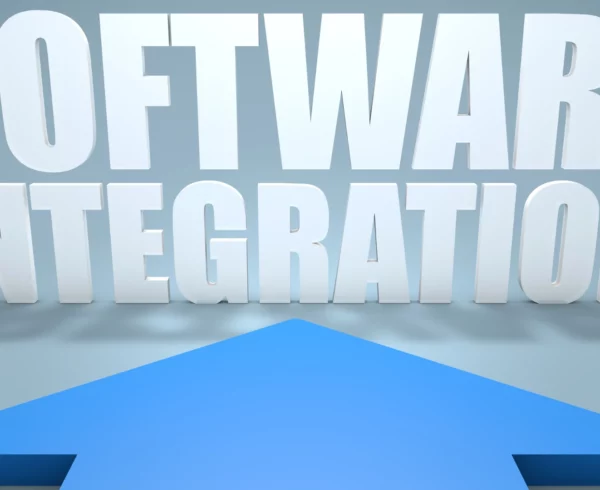
In today’s rapidly evolving technological landscape, selecting the right software for your business is crucial to stay competitive and drive growth. However, despite the excess software options available, organizations must exercise caution to avoid vendor lock-in. Vendor lock-in refers to a situation where a company becomes overly dependent on a particular software vendor, making it difficult or costly to switch to an alternative solution in the future.
This blog will explore the pitfalls of vendor lock-in in software selection and licensing and discuss strategies to mitigate this risk.
One of the key reasons why organizations may fall victim to vendor lock-in is via complex licensing agreements. Some software vendors offer licensing models that seem cost-effective in the short term but may become expensive and limiting in the long run.
For example, a vendor may offer discounted pricing for their software’s initial purchase or subscription but impose high fees for additional users, modules, or upgrades, resulting in unexpected costs and reducing flexibility in scaling or customizing the software to meet growing business needs. Organizations should carefully review licensing agreements, pricing models, usage restrictions, and upgrade policies to ensure they align with their long-term strategic goals and budget considerations.
Another common pitfall of vendor lock-in is the lack of interoperability and data portability. Some software solutions may be tightly integrated with other products or services offered by the same vendor, making it challenging to switch to alternative solutions from different vendors in the future. The result is a loss of data or disruptions in business processes, as well as increased costs for data migration or system re-implementation.
Organizations should thoroughly evaluate a software solution’s interoperability and data portability capabilities, including its compatibility with existing systems and data formats, to avoid being locked into a particular vendor’s ecosystem.
Vendor support and updates are also critical considerations in mitigating the risk of vendor lock-in. Some software vendors may discontinue support or updates for older software versions, forcing organizations to upgrade to newer versions or risk security vulnerabilities and compliance issues. Upgrades may come with additional costs, such as licensing fees, implementation efforts, and training expenses, which can significantly burden an organization’s IT budget. Organizations should carefully assess a vendor’s support and update policies, including their roadmap for future releases, to ensure they align with the organization’s long-term technology strategy and roadmap.
So, how can organizations mitigate the risk of vendor lock-in in software selection and licensing? Here are some strategies to consider:
- Evaluate licensing agreements comprehensively: Carefully review them, including pricing models, usage restrictions, and upgrade policies, to ensure they align with your organization’s long-term strategic goals and budget considerations.
- Consider interoperability and data portability: Thoroughly evaluate a software solution’s interoperability and data portability capabilities, including its compatibility with existing systems and data formats, to avoid being locked into a particular vendor’s ecosystem.
- Assess vendor support and updates: Evaluate a vendor’s support and update policies, including their roadmap for future releases, to ensure they align with your organization’s long-term technology strategy and roadmap.
- Consider open-source or vendor-agnostic solutions: Explore open-source or vendor-agnostic software solutions that offer more flexibility in licensing, interoperability, and data portability.
- Plan: Consider the long-term implications of software selection and licensing, including the potential costs and challenges of switching to alternative solutions in the future, and factor them into your decision-making process.
Conclusion
As you navigate the software selection process, remember to be vigilant and proactive in assessing the licensing agreements, interoperability, data portability, and vendor support to avoid the pitfalls of vendor lock-in.
Consider exploring open-source or vendor-agnostic solutions that offer more flexibility and freedom.
BHC Group, a leading technology consulting firm, can provide expert guidance and software selection and licensing support to help your organization make informed decisions and avoid vendor lock-in.
If you want to learn more about software selection and implementation pitfalls, join us for a webinar hosted by the BHC Group on May 17th. Our experts will provide insights and best practices to help you navigate the software selection and implementation process and avoid common pitfalls.
Don’t miss this opportunity to learn from industry experts and improve the success of your software projects. Register now to secure your spot!





